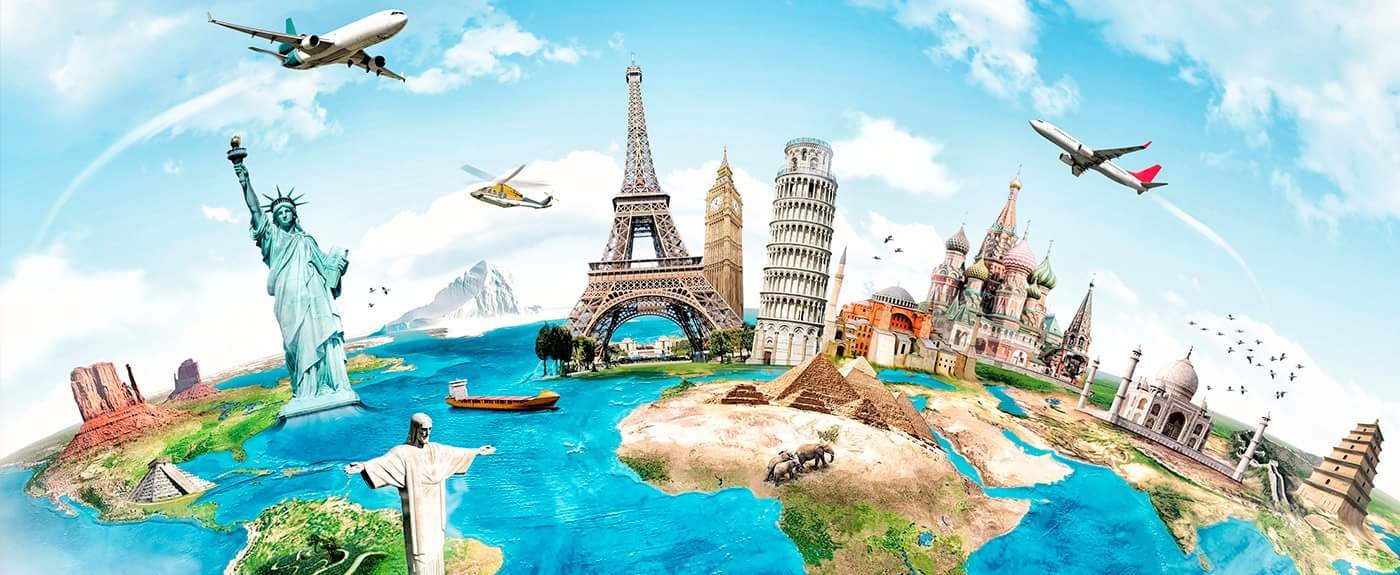About World
Today i willing to say about the world....
The world is the planet Earth and all life upon it, including human civilization.[1] In a philosophical context, the world is the whole of the physical Universe, or an ontological world. In a theological context, the world is the material or the profane sphere, as opposed to the celestial, spiritual, transcendent or sacred. The "end of the world" refers to scenarios of the final end of human history, often in religious contexts.
History of the world is commonly understood as spanning the major geopolitical developments of about five millennia, from the first civilizations to the present. In terms such as world religion, world language, world government, and world war, world suggests international or intercontinental scope without necessarily implying participation of the entire world.
World population is the sum of all human populations at any time; similarly, world economy is the sum of the economies of all societies or countries, especially in the context of globalization. Terms like world championship, gross world product, world flags imply the sum or combination of all current-day sovereign states.
Etymology and usage
Philosophy
Religion and mythology
Yggdrasil, a modern attempt to reconstruct the Norse world tree which connects the heavens, the world, and the underworld.
Mythological cosmologies often depict the world as centered on an axis mundi and delimited by a boundary such as a world ocean, a world serpent or similar. In some religions, worldliness (also called carnality[citation needed]) is that which relates to this world as opposed to other worlds or realms.
Buddhism
In Buddhism, the world means society, as distinct from the monastery. It refers to the material world, and to worldly gain such as wealth, reputation, jobs, and war. The spiritual world would be the path to enlightenment, and changes would be sought in what we could call the psychological realm.
Christianity
In Christianity, the term often connotes the concept of the fallen and corrupt world order of human society, in contrast to the World to Come. The world is frequently cited alongside the flesh and the Devil as a source of temptation that Christians should flee. Monks speak of striving to be "in this world, but not of this world"—as Jesus said—and the term "worldhood" has been distinguished from "monkhood", the former being the status of merchants, princes, and others who deal with "worldly" things.
This view is clearly expressed by king Alfred the Great of England (d. 899) in his famous Preface to the Cura Pastoralis:
"Therefore I command you to do as I believe you are willing to do, that you free yourself from worldly affairs (Old English: woruldðinga) as often as you can, so that wherever you can establish that wisdom that God gave you, you establish it. Consider what punishments befell us in this world when we neither loved wisdom at all ourselves, nor transmitted it to other men; we had the name alone that we were Christians, and very few had the practices."
Although Hebrew and Greek words meaning "world" are used in Scripture with the normal variety of senses, many examples of its use in this particular sense can be found in the teachings of Jesus according to the Gospel of John, e.g. 7:7, 8:23, 12:25, 14:17, 15:18-19, 17:6-25, 18:36. For contrast, a relatively newer concept is Catholic imagination.
Contemptus mundi is the name given to the recognition that the world, in all its vanity, is nothing more than a futile attempt to hide from God by stifling our desire for the good and the holy.[9] This view has been criticized as a "pastoral of fear" by modern historian Jean Delumeau.[10]
During the Second Vatican Council, there was a novel attempt to develop a positive theological view of the World, which is illustrated by the pastoral optimism of the constitutions Gaudium et spes, Lumen gentium, Unitatis redintegratio and Dignitatis humanae.
Eastern Christianity
In Eastern Christian monasticism or asceticism the world of mankind is driven by passions. Therefore, the passions of the World are simply called "the world". Each of these passions are a link to the world of mankind or order of human society. Each of these passions must be overcome in order for a person to receive salvation (theosis). The process of theosis is a personal relationship with God. This understanding is taught within the works of ascetics like Evagrius Ponticus, and the most seminal ascetic works read most widely by Eastern Christians, the Philokalia and the Ladder of Divine Ascent (the works of Evagrius and John Climacus are also contained within the Philokalia). At the highest level of world transcendence is hesychasm which culminates into the Vision of God.
Orbis Catholicus
Orbis Catholicus is a Latin phrase meaning Catholic world, per the expression Urbi et Orbi, and refers to that area of Christendom under papal supremacy. It is somewhat similar to the phrases secular world, Jewish world and Islamic world.
Islam
Main article: Dunya
Dunya derives from the root word "dana" that means to bring near. In that sense
....Thanking you for reading......
Congratulations @chakri! You have completed some achievement on Steemit and have been rewarded with new badge(s) :
Click on any badge to view your own Board of Honor on SteemitBoard.
For more information about SteemitBoard, click here
If you no longer want to receive notifications, reply to this comment with the word
STOP